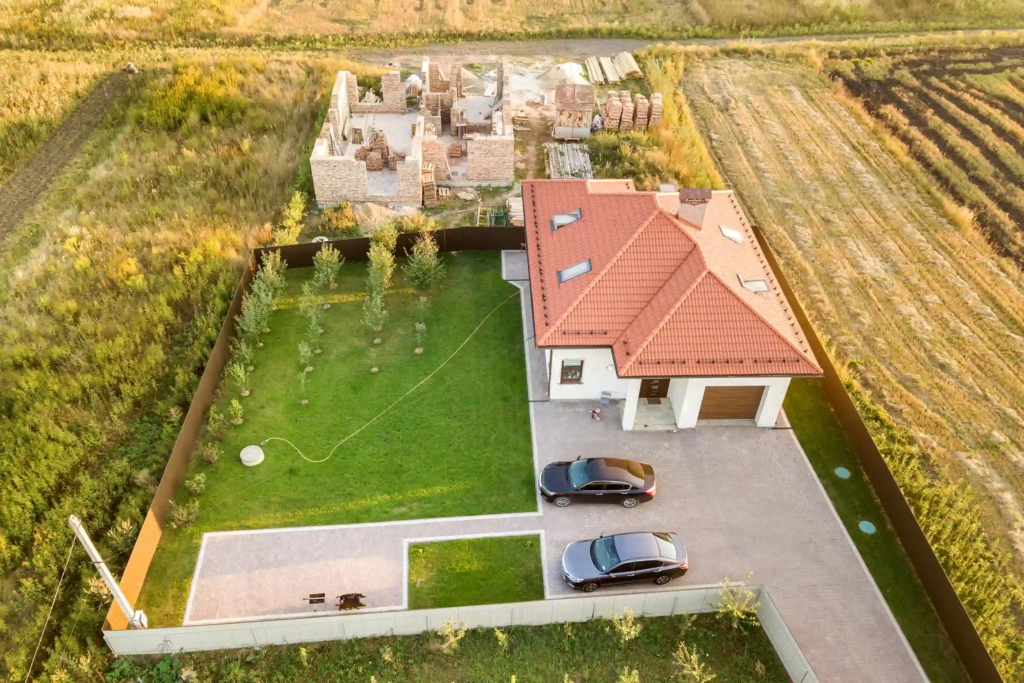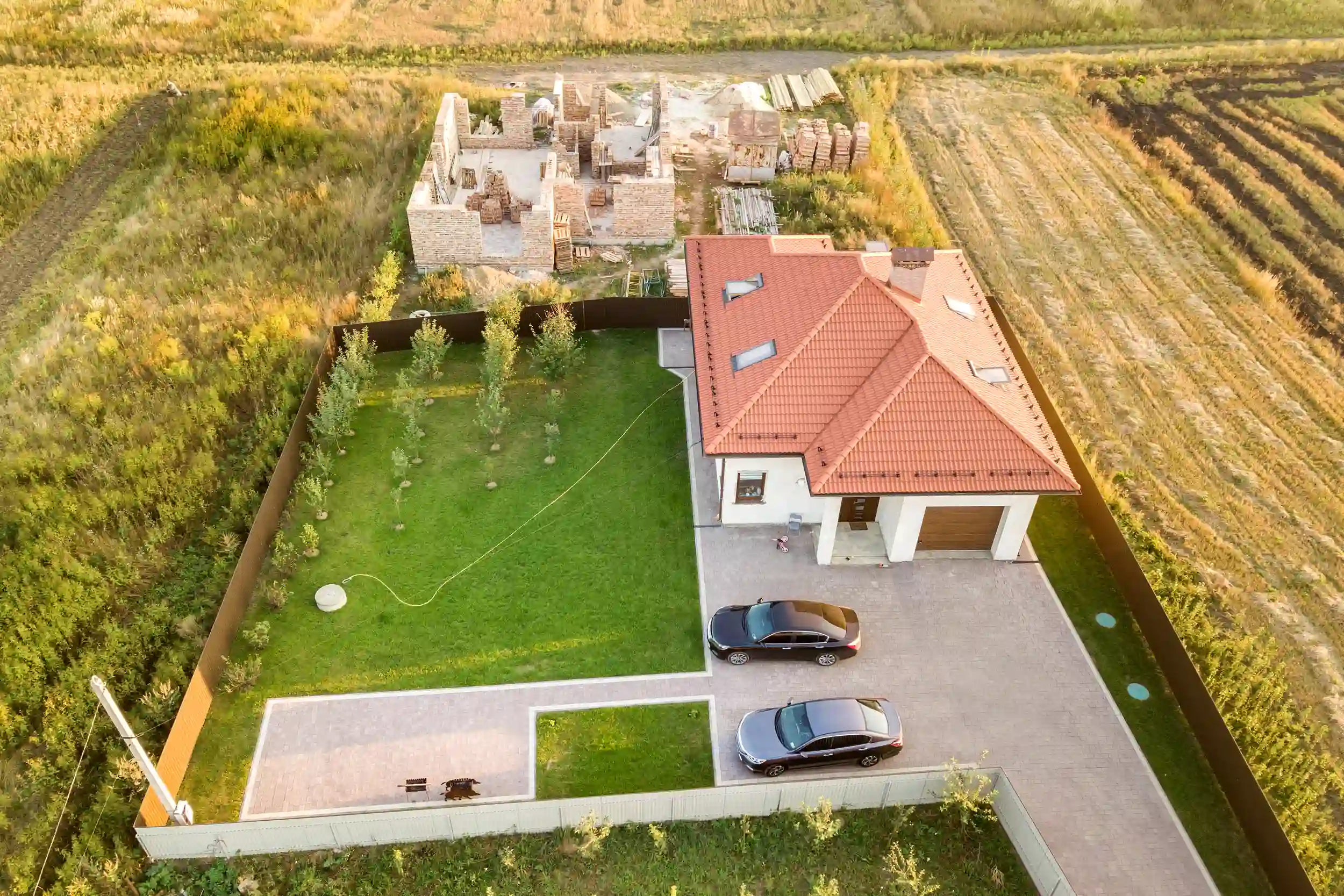Bali has become a popular destination for travelers and investors alike. Known for its beautiful beaches, exotic temples, and lush tropical landscapes, Bali has become a hub for real estate investment. The Bali real estate market has seen an increase in demand in recent years, making it an attractive destination for investors looking for a stable return on investment. Investing in real estate and land in Bali can be an excellent opportunity for investors. Bali has limited land availability, and the demand for properties is high.
Investing in real estate in Bali
Current State of the Bali Real Estate Market
The Bali real estate market has been on the rise for the past few years, and the trend is expected to continue. The market is known for its luxury villas, resorts, and hotels, which have attracted a significant number of foreign investors. In 2021, the Indonesian government relaxed some of its regulations on foreign ownership, making it easier for foreigners to invest in the Bali real estate market.
One of the driving forces behind the Bali real estate market’s growth is the island’s popularity as a tourist destination. Bali has become one of the most visited islands in the world, with millions of tourists visiting the island each year. This has led to an increase in demand for accommodation, especially luxury villas, resorts, and hotels. As a result, investors have been developing properties in Bali to cater to the growing demand.

Trends in the Bali Real Estate Market
One of the trends in the Bali real estate market is the development of luxury villas. Bali is known for its luxury villas, and investors are taking advantage of the demand for these properties. Luxury villas in Bali offer investors an excellent opportunity to earn a steady income from rental yields. The rental yields for luxury villas in Bali can be as high as 8-10%, making them an attractive investment option.
Another trend in the Bali real estate market is the development of mixed-use properties. These properties combine residential and commercial spaces, such as shops, restaurants, and offices. Mixed-use properties in Bali are popular because they offer investors multiple streams of income, which can help to mitigate risks.
Additionally, there has been an increase in demand for eco-friendly properties in Bali. With Bali’s natural beauty and commitment to sustainable living, eco-friendly properties are becoming more popular among investors. These properties use sustainable materials, such as bamboo and recycled wood, and incorporate green technologies, such as solar panels and rainwater harvesting systems.
Forecasts for the Bali Real Estate Market
The Bali real estate market is expected to continue to grow in the coming years. According to a report by Knight Frank, a global real estate consultancy firm, Bali is one of the top ten destinations for property investment in the Asia Pacific region. The report suggests that Bali’s popularity as a tourist destination, combined with its relaxed regulations on foreign ownership, will continue to attract investors.
The report also predicts that Bali’s luxury property market will continue to grow, with demand for luxury villas and resorts increasing. Additionally, mixed-use properties are expected to become more popular, as investors seek to diversify their income streams.
Opportunities for Investors in the Bali Real Estate Market
Investing in real estate and land in Bali can offer investors a significant return on investment in the long term. However, it is essential to ensure that the land is legally owned and that all necessary permits have been obtained before investing.
Investing in luxury villas in Bali can also be a lucrative opportunity for investors. Bali’s luxury villa market is growing, and investors can earn high rental yields from these properties. However, it is crucial to consider the location of the villa and the competition in the area before investing.
Mixed-use properties are also an excellent investment opportunity in Bali. These properties offer investors multiple streams of income and can help to mitigate risks. However, it is essential to conduct thorough market research to ensure that the property




